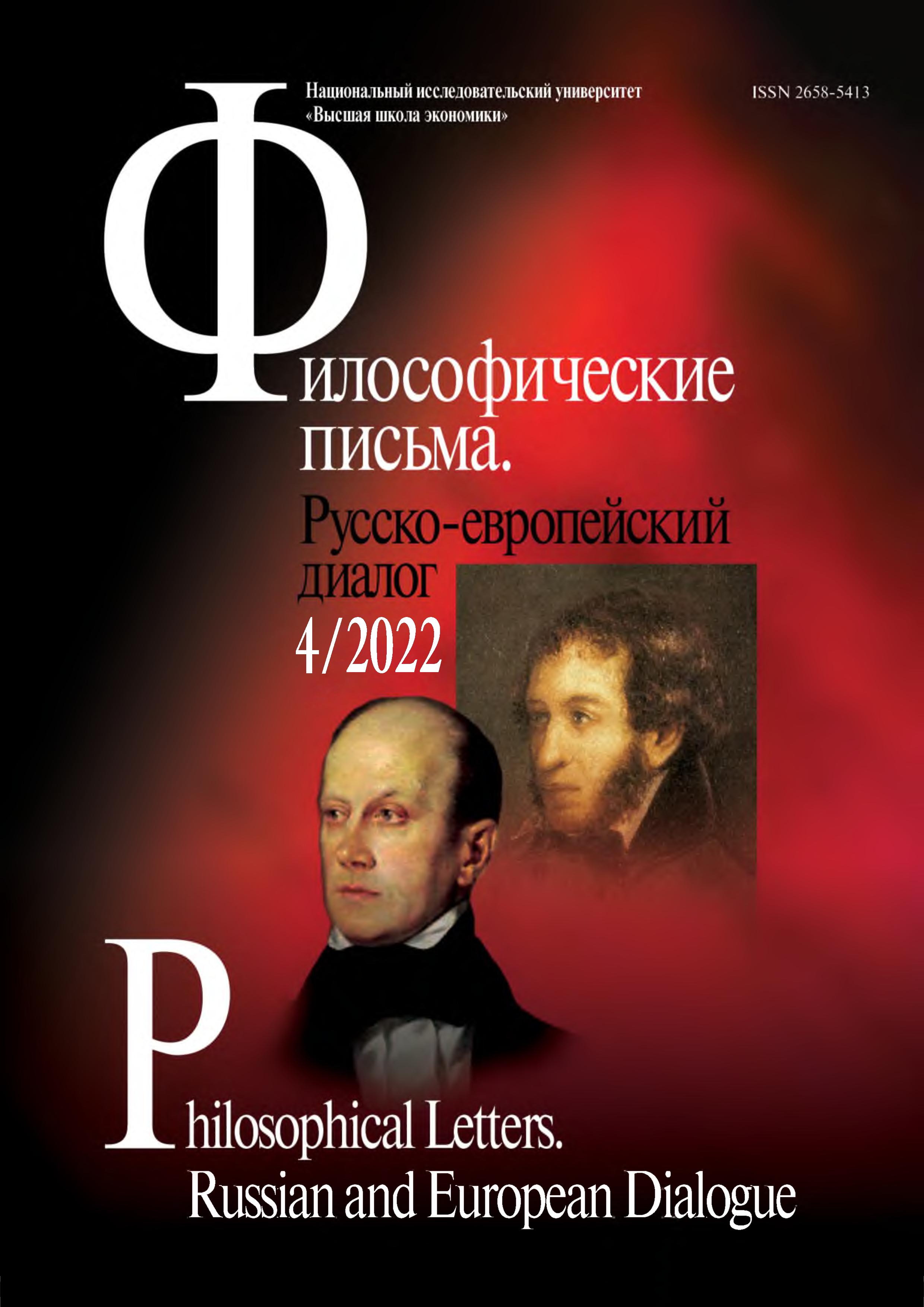«Моя исповедь — без малейшей утайки»
Эпистолярные признания Аполлона Григорьева
Аннотация
К середине XIX века исповедальность стала главенствующей тенденцией русской литературы. Многие писатели, независимо от социальных, политических, философских, этических, эстетических установок, обращаются к исповеди/исповедальности как в художественном, так и в автобиографическом творчестве. Аполлон Григорьев также пишет исповеди поэтические и, более того, называет свои литературно-критические и эпистолярно-автобиографические тексты «литературными исповеданиями», «исповедями». В статье рассматривается письмо-исповедь Григорьева, адресованное М. П. Погодину, от 26 августа — 7 октября 1859 года. Внимание сосредоточено на «внутреннем» состоянии адресанта, стремящегося осознать «истины» как о самом себе, так и о внешнем окружении (уточнены имена некоторых флорентийских собеседников Григорьева). Общение с последними, как можно полагать, спровоцировало его обращение к исповедно-исповедальной тематике, в частности к вопросам «противоположности» православия и католицизма, «верований социалистов», «византийских хитросплетений» А. С. Хомякова. Отмечено опосредованное влияние романтического «шеллингизма» на трактовку Григорьевым православия как стихийно-исторического, живого, органического начала.

